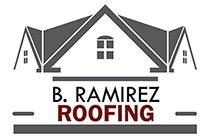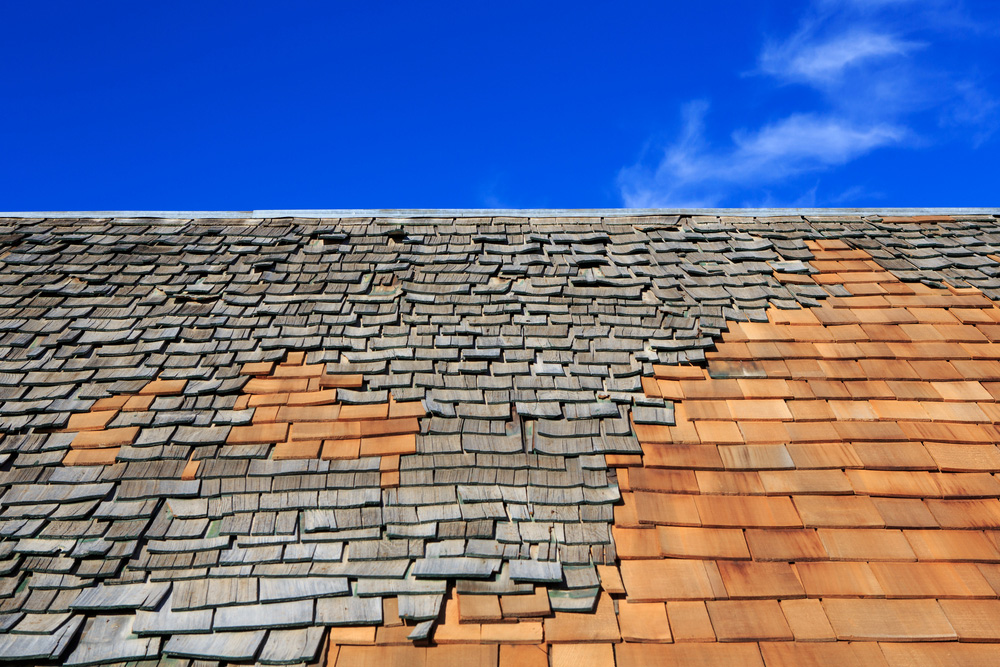For contractors to get a permit, they need to prove that they’re licensed in each city where they work. For homeowners, it’s an important part of making an insurance claim. Some contractors don’t pull a permit to save money, but it can be a big mistake to hire them. If you use an unlicensed contractor and you find out that the roofer didn’t pull a permit, you could run into major problems later. Your roof can fail the inspection, the city won’t record the work, and you may have to pay even more for a roof repair. The roofer can also be subject to a fine if the work didn’t pass the inspection and a permit wasn’t issued. This can leave a bad mark on their standard of work and can even affect their future business.
The Kind of Work That Requires a Permit
When it comes to working on or fixing a home, there are many things that don’t require a permit. Things like putting in a toilet, painting, or installing new fixtures don’t usually require a permit. The things that need a permit are complete remodels, additions, and roofing. Some areas don’t require you to get a permit if you need to finish a basement or put up drywall, but any work that involves extensive electrical and construction work will require a permit to avoid fines later on.
What it Means if the Roofer Didn’t Pull a Permit
If your roofer didn’t pull a permit, it means that they didn’t apply for one before starting the job. Some contractors may assume that a minor job or simple roof repair doesn’t need a permit, so they won’t apply for one. Some roofers may even avoid certain costs so they can keep a larger chunk of the money. But, if your roofer doesn’t pull a permit, the city can deny that the work was done during the inspection. Once that happens, you’ll need to redo the work or perform more roof repairs. This will most likely cause you to pay more for a roof repair or installation.
The good news is that you can get guaranteed work as well as a thorough and accurate inspection once you get a permit. But, even if a permit wasn’t pulled, it won’t mean the end of your construction project. It can, however, cause more problems when the project gets closer to completion or when you must sell the property. You may even have to pay hefty fines or penalties.
How You Can See if the Roofer Pulled a Permit
Looking for a permit on your property is simple. All you have to do is go online or to the appropriate local office and look for a permit. They have a vast set of archives, so they can monitor any valid and working permits. You could look at any time to see if the roofer pulled a permit on your property. You can even find their address, company name, and any dates where the work was completed. This information is critical if you have a warranty or if you need a roof repair done in a short amount of time.
The Process of Pulling a Permit
To pull a permit, all you must do is go to your county or city hall and apply for a construction permit. This will typically be the responsibility of the roofer. They will also have to schedule an inspection once the work has been completed. The average cost of pulling a permit is $130, but it can vary with each city or zone. The size of the job and the scope of the work can also affect the cost and the type of permit required. You can pull a permit yourself, but it can make you financially and structurally responsible. If your roofer didn’t pull a permit and you do, you have established yourself as the supervisor of the work. This will make you legally responsible for all the work being done on your home.
You’re supposed to get a permit before you start construction, but you can get one later in the process. Getting a permit after the work has started can be more complicated and may even cost more. If repairs are needed and you fix these problems, the inspector can issue a permit. But, there’s a chance that the inspection will fail, which will lead to a total tear-down so the work can be redone.
If you’re looking for one of the best roofers in Corpus Christi, be sure to get in touch with B. Ramirez Roofing.

